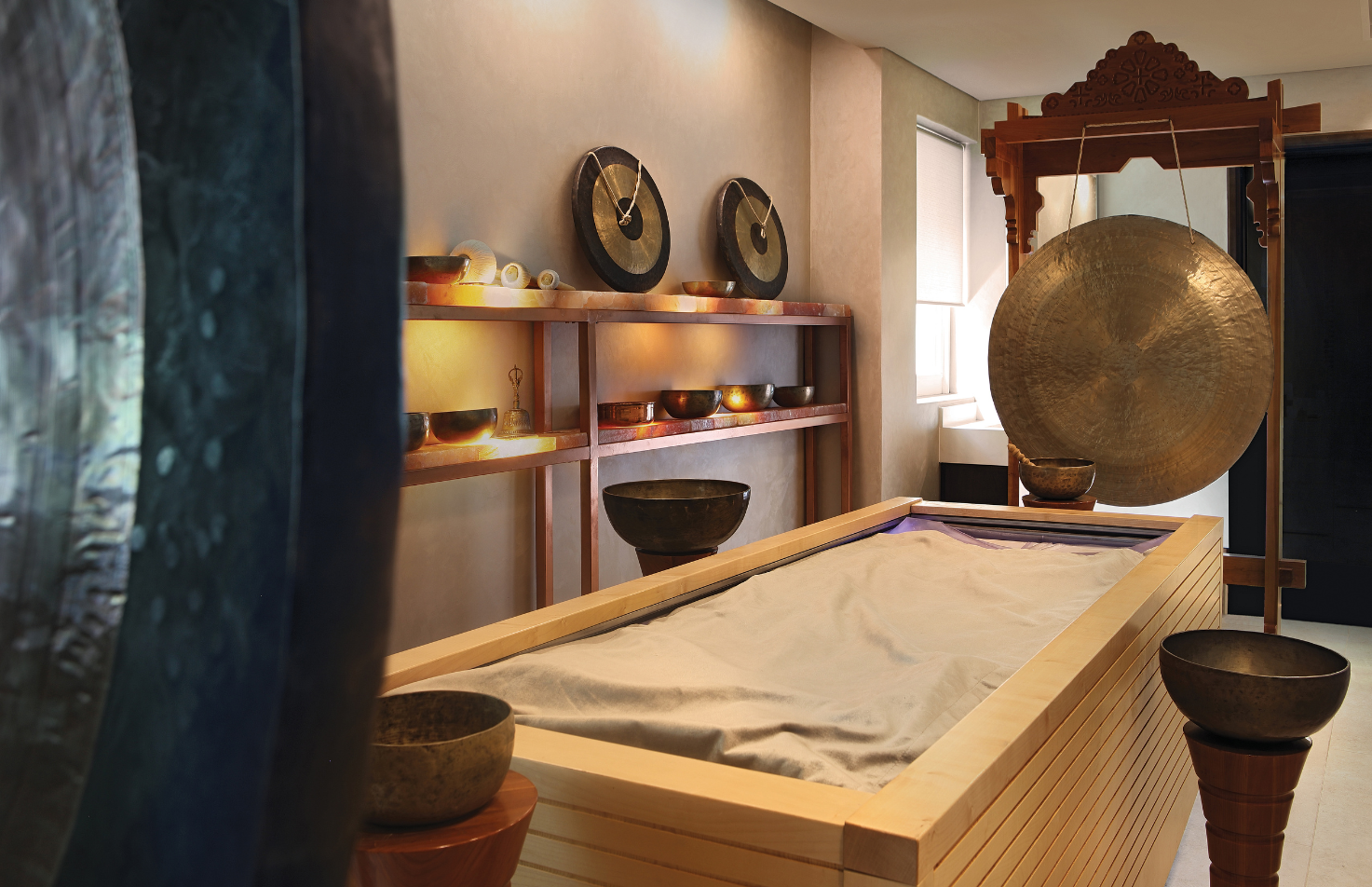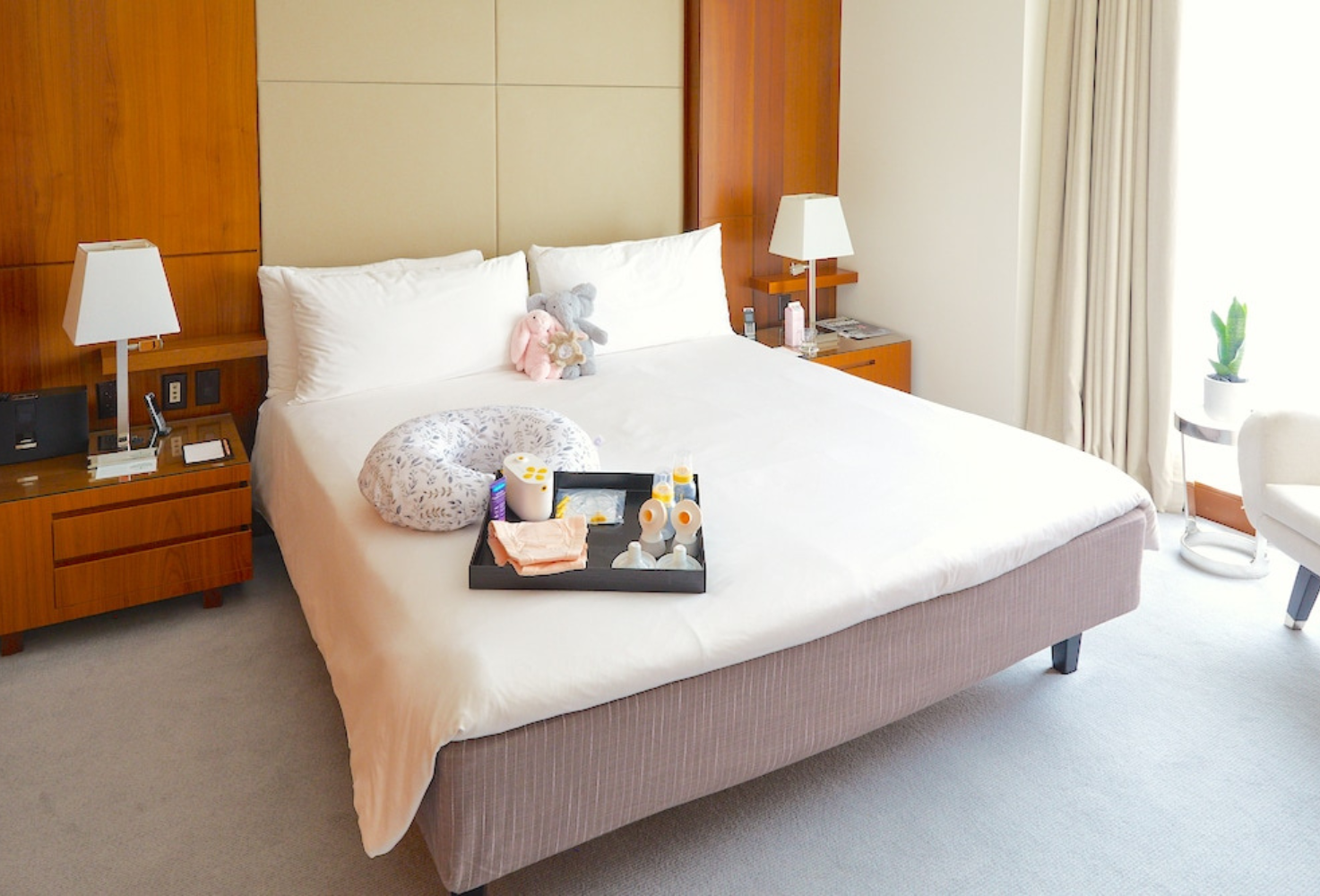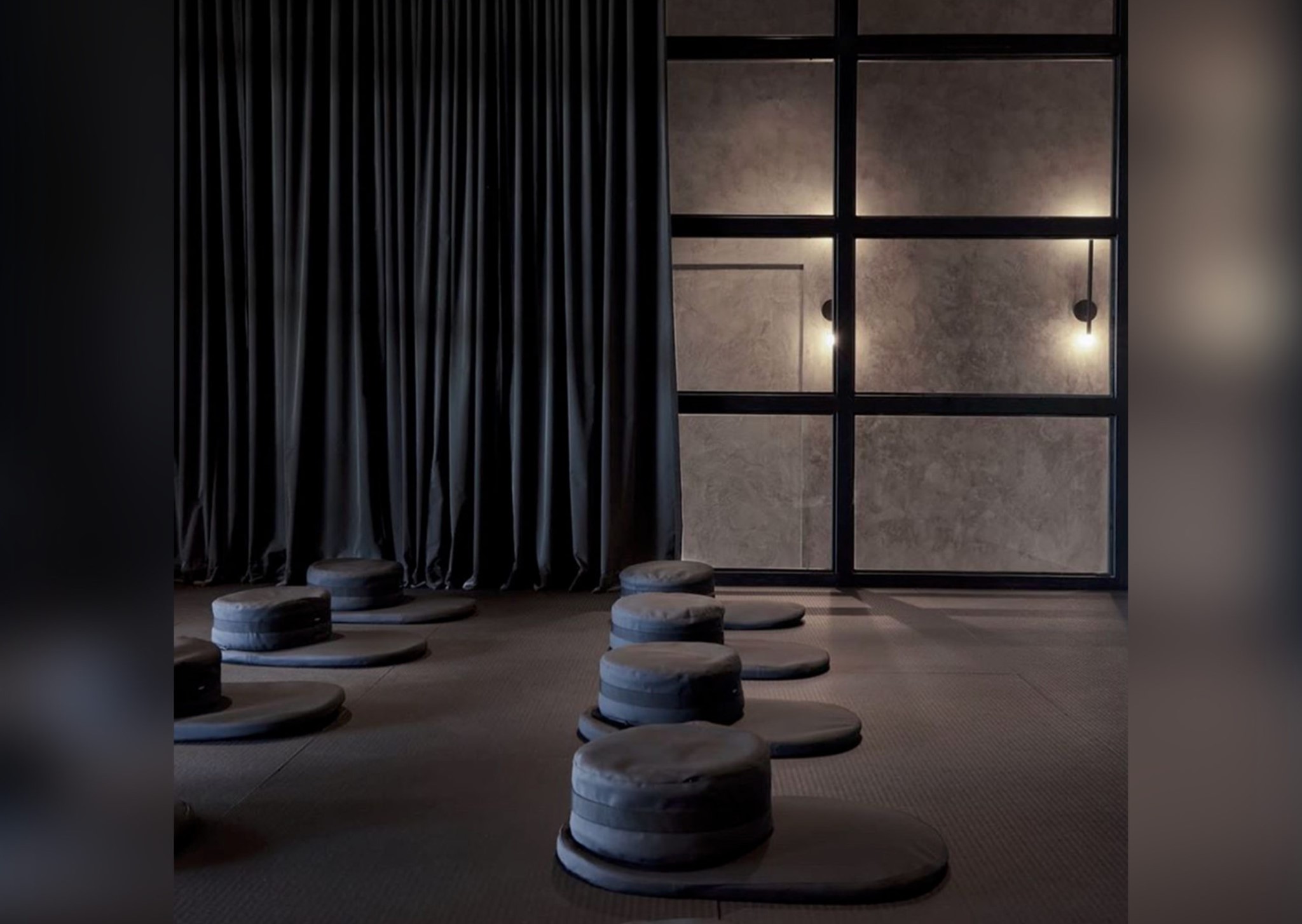According to the Global Wellness Institute, global wellness tourism will reach a value of $1.3 billion by 2025. The pandemic and the resulting crises that have occurred have led to a wave of awareness related to physical and mental health that consumers prioritise at all times. This is why hotel experiences post-pandemic have evolved to adapt to the demand for stays focused on health and hyper-personalised holidays based on educational experiences and moments of personal growth.
Traditional hotel spas and ostentatious gyms have been left behind. The hospitality industry is re-branding these spaces, creating places and services that are more focused on medical indications and managed by experts who encourage recovery and prevention.

Although 2022 was a record year for the travel sector, the global recession that has rocked 2023 has caused consumers to reconsider their priorities. Now, many people view trips away more as a catalyst for wellness and recovery than an obstacle race to cross out the highest number of experiences in one fell swoop. According to a report by Condor Ferries, more than half (55%) of millennials go on holiday to unwind from daily life, compared with 50% who travel to visit people and 45% to spend time with family.
The wellness tourism market is one of the markets that has experienced the most growth in recent years, with international tourists spending an average of €1,563 per trip in 2020, 35% more than the typical international tourist (Global Wellness Institute).

«The hotel industry continues to demand we equip spaces with lots of content. For example, the same room needs to be an office, gym, spa… There’s a trend for these spaces to be versatile and accommodate lots of activities, rather than simply being somewhere to sleep». Alfonso Merry del Val, Merry Studio
«The period prior to the pandemic and the trend for spaces with wow factor have given way to quieter, more peaceful spaces where users can have fun
while they become infused with a sense of well-being». Ricard Trenchs, Trench Studio

The anxiety crisis and greater concern for health will lead hotels to invest more in state-of-the-art spa facilities with a new focus on medical treatments. Travellers’ interest in trips related to health in any of its forms will result in new architectural and interior design projects that will provide important spaces for physical and emotional relaxation and wellness enrichment.
This opportunity doesn’t just concern the hospitality sector; it will also be attractive to other industries that revolve around it, including the beauty, food, drink and lifestyle sectors.
Design elements that invoke positive memories of childhood or originate in a pre-digital age reflect the need for familiar, comforting experiences. Nostalgia will continue to influence consumers, and Booking.com predicts that nostalgic getaways will be a priority for 84% of travellers in 2023
The people who make use of these kinds of services are looking for wellness experiences in a welcoming environment, without their experience turning into a medical examination. That’s why it will be important to redesign the health service experience within an attractive, user-friendly hospitality setting.
Sexual well-being is expected to be one of the sectors that will experience the fastest growth in the wellness market. Sexual education and intimacy programmes are on the rise in resorts focused on wellness, for which reason hotels will need to devise spaces and activities with an intimate ambience where people can talk to professionals in this field.
